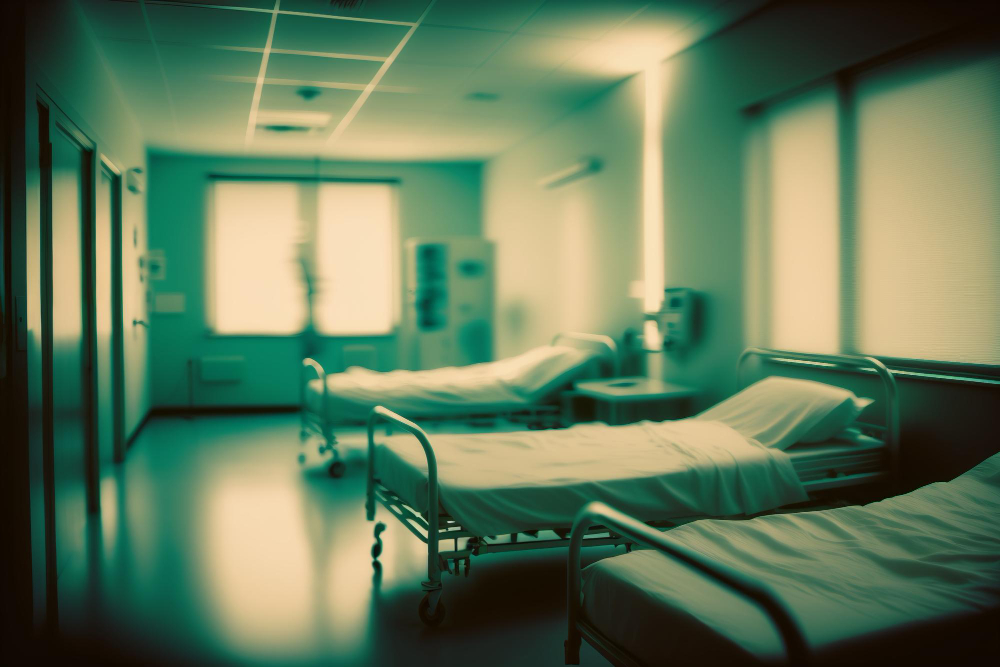When a loved one passes away in a hospital, we understand the additional challenges that may arise. During this time, you need compassionate support. Our knowledgeable staff is well-versed in working closely with hospitals, medical professionals, and authorities. We will liaise with them on your behalf, facilitating the necessary arrangements with professionalism and care.
PROCEDURE FOLLOWING A DEATH IN HOSPITAL
In the unfortunate event that a loved one passes away in a hospital, immediate notification will be provided to the next of kin or closest family members. Many hospitals in the UK have dedicated bereavement staff to guide you through the necessary procedures and next steps. Alternatively, the ward staff may fulfill this role.
Will the hospital issue a Medical Certificate of Cause of Death?
Typically, a doctor at the hospital will issue a Medical Certificate if the cause of death is known. However, if the cause of death is uncertain or yet to be confirmed, the hospital will seek permission from the next of kin to conduct a post-mortem examination. In cases where the doctor is uncertain about the cause of death, even if it appears natural, or if the death was sudden or deemed unnatural, they will contact the coroner (or procurator fiscal in Scotland). The coroner or procurator fiscal may order a post-mortem examination or inquest to determine the cause of death and subsequently supply the required documentation for death registration. It is essential to note that a funeral cannot take place until the completion of the Coroner’s inquest and the establishment of the cause of death. If cremation is planned, please inform the doctor. The Medical Certificate is necessary before registering the death, which must be done within five days in England and Wales, and within eight days in Scotland.
Where is my loved one kept if they die in hospital?
If a loved one passes away in a hospital, they will be held in the hospital mortuary until you arrange for your selected funeral director or family to collect them. If a funeral director is involved, they will directly coordinate with the hospital, ensuring the safe transportation of the deceased to their chapel of rest facilities. You will be updated at every stage of this process. Likely, you will need to provide authorization to permit the funeral director to transfer the deceased into their care from the hospital.
What happens to my loved one’s possessions if they die in hospital?
The hospital staff will safely secure your loved one’s belongings until the person responsible for administering the estate arranges their collection. A receipt will be provided upon retrieval of the possessions.
My loved one has died in hospital and was an organ donor. If you are uncertain about your loved one’s status as an organ donor, the hospital can verify this for you. They may ask you to confirm their decision to be an organ donor before their passing. The organ donation process commences by confirming the individual’s passing and obtaining consent for the donation of any viable organs.






